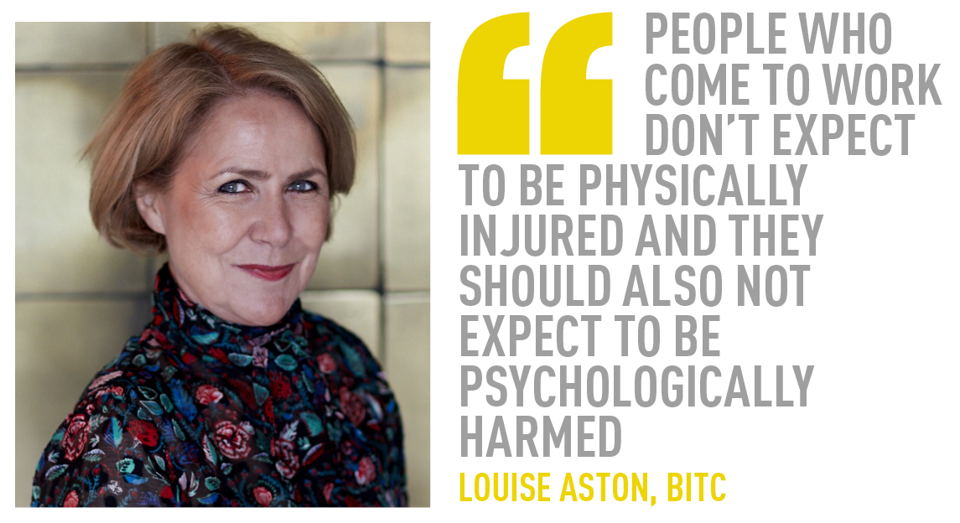The Health & Safety Executive (HSE) is to publish the criteria it requires to begin an investigation into claims of work-related stress.
The workplace safety body said it was changing its guidance to make its approach to handling such complaints consistent.
A spokesperson said: “As work-related stress is responsible for more than half the working days lost to ill health, the number of concerns from workers raised with us is also on the increase.
“The intention is to signpost notifiers to the correct authority via website guidance before they submit the concern.
“There has been no change to our overall policy that HSE will consider complaints of work-related stress and will, where there is sufficient evidence, consider taking action.”
Emily Pearson, the founder of the corporate mental health consultancy Our Minds Work, said the HSE toughening its stance towards firms and how they address the issues of work-related stress and other workplace mental health problems was “a necessary and significant step”.
“The shocking impact to employee health should be a big red flag to responsible organisations, prompting them to take action to prevent such a serious health hazard. But in 2019 there has been minimal effort to tackle the problem, leaving hundreds of thousands of employees unwell because of poor mental health.”
Business In The Community (BITC), a charity promoting responsible business backed by HRH the Prince of Wales, said many organisations do not acknowledge or deal with the impact work has on employees’ mental health.
BITC’s Time To Take Ownership report found that more than a third (36%) of workers said having to work overtime or rarely taking annual leave because of their workload had contributed to their symptoms of poor mental health, while 35% said feeling unsupported in their role had affected this area of wellbeing.
Managers were asked about how they supported the mental health of those reporting to them: seven out of 10 said they encountered barriers to providing mental health support, while 48% said they were not assessed on how well they managed staff wellbeing. Six out of 10 managers admitted they had to put the interests of the organisation ahead of staff wellbeing.
According to the Office for National Statistics’ Labour Force Survey, 595,000 workers suffered from work-related stress, depression or anxiety in 2017/18, while 15.4 million working days were lost to these conditions.
“While mental health awareness has risen significantly in recent years, our research shows that too many employers are tinkering at the edges of change rather than making the fundamental differences that are really needed to improve their employees’ mental health,” said Louise Aston, BITC’s wellbeing campaign director.
“People who come to work don’t expect to be physically injured and they should also not expect to be psychologically harmed.” She said a profound cultural shift was needed so that work itself doesn’t cause poor mental health “but instead should enhance it”.
BITC’s report calls for companies to take three actions to support improvements in employees’ mental health: Create good work that enhances mental health for everyone; acknowledge and support poor mental health whatever the cause; and publicly report on their staff wellbeing performance.
It suggests business leaders constantly role model behaviours that promote good mental health, make senior managers accountable for staff wellbeing, and ensure all managers reward and recognise empathy and compassion.
A separate study by the health provider Cigna has found that workers are still largely snubbing medical or professional advice when dealing with stress.
Resources
HSE
The Health and Safety Executive publishes management standards that represent a set of conditions which, if present in a company, demonstrate good practice of stress management.
https://www.hse.gov.uk/stress/standards/index.htm
MIND
The mental health charity can
provide information and training for businesses on how to promote mental wellbeing in their organisation.
https://www.mind.org.uk/workplace/training-consultancy/
BEN
Focused on the motor industry, the charity Ben operates helplines and support for current and past
automotive sector employees across all areas of wellbeing.






















Login to comment
Comments
No comments have been made yet.